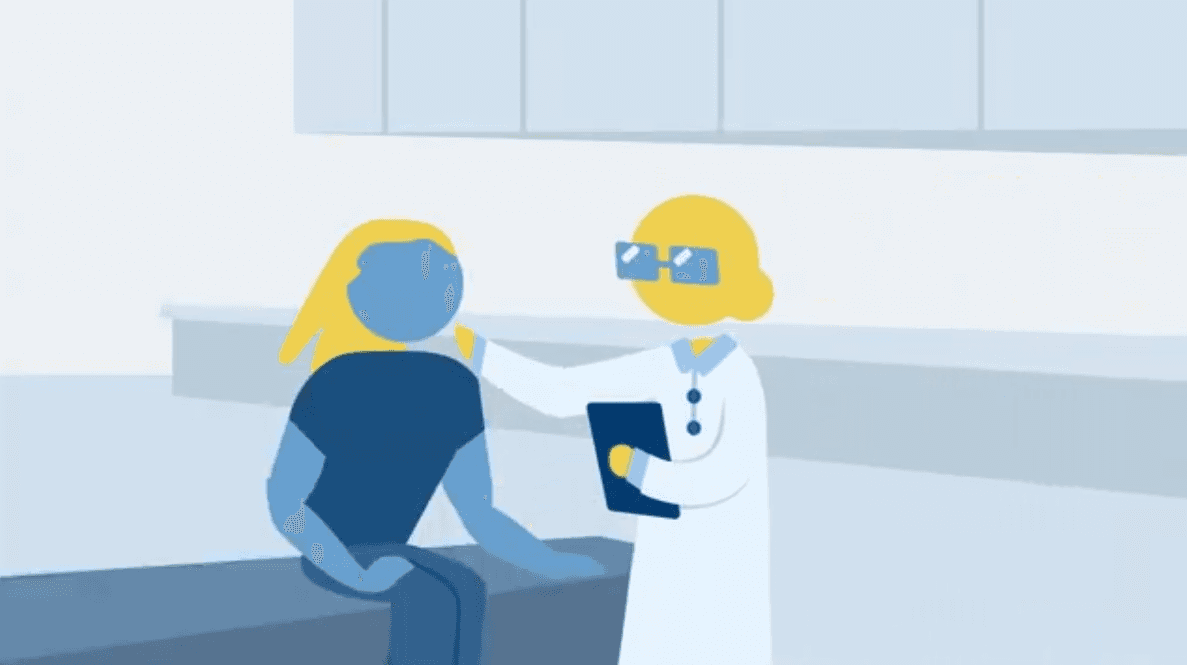RCORP - Rural Center of Excellence on SUD Prevention
RCORP - Rural Center of Excellence on SUD Prevention
Learn
Our resource pages describe best practices to prevent and reduce the impact of substance use and substance use disorder (SUD) that have been adapted with and for rural communities.
Find programs and tools that support your efforts and goals.
We are updating certain topics and will be publishing those resources soon. In the meantime, we are ready to provide Program Assistance directly on these topics upon request.
The goal of Community Conversations on Opioid Use Disorder workshops is to shed light on substance use disorder-related stigma as a barrier to recovery and to collaborate with rural communities to develop local solutions that reduce it.
Stigma
A Practical Solution to an Urgent Need
Learn about treatment of opioid use disorder (OUD) in primary care and how we help providers and staff deliver evidence-based care for patients with OUD.
Treatment
This project aims to increase access to care for patients with chronic pain and prevent opioid use disorder by supporting rural primary care practices in the area of pain management. Through support, training and tools, we aim to increase rural providers’ confidence as they manage the complexities of pain treatment, including safe opioid-prescribing practices and non-opioid approaches.
Prevention
988 Suicide and Crisis Lifeline
The 988 Suicide and Crisis Lifeline, launched in July 2022, provides a fast way for people experiencing a suicidal, mental health, or substance use disorder (SUD) crisis to urgently get help. Our resource page provides details about the Lifeline for rural communities specifically. The toolkit contains an array of posters to help communities spread the word.
Prevention
Resources for an Evolving Crisis
The aim of this resource page is to provide rural communities—including health and human services providers, individuals with substance use disorder, their families and friends, and local leaders—with convenient, evidence-based tools to use and share to address risks related to polysubstance use.
Prevention
This campaign aims to promote a stigma-free care environment while connecting individuals and families with treatment resources. It includes posters featuring people in recovery and emergency department providers who care for patients with substance use disorder. QR codes on the posters link to short videos with these individuals' stories.
Stigma
Removing Barriers on the Road to Recovery
In the Rural Opioid and Direct Support Services program, rural communities form partnerships with opioid treatment programs located outside the immediate area and use telehealth to bring treatment and recovery support closer to home for people with opioid use disorder. This page features a video overview of the program and more.
Treatment
Stigma related to substance use disorder can create barriers to treatment. Evidence-based solutions for overcoming stigma stress the importance of contact with people who have lived experience and education about effective treatments and the potential for recovery. Our center is partnering with rural communities to apply this approach through locally hosted workshops and portraits and videos that highlight recovery.
Stigma
A Practical Solution to an Urgent Need
Summary
Treatment
Removing Barriers on the Road to Recovery
Summary
Treatment
More Resources
Read about other resources and programs.
Publications
Along with developing resources and presenting about our work, we are adding to the evidence base about SUD in rural areas through peer-reviewed publications.
This HRSA RCORP RCOE program is supported by the Health Resources & Services Administration (HRSA) of the US Department of Health & Human Services (HHS) as part of an award of $3.33M in the current year with 0% financed with non-governmental sources.
The contents are those of the author(s) and do not necessarily represent the official views of, nor an endorsement by HRSA, HHS or the US Government.
As the Rural Communities Opioid Response Program (RCORP)-Rural Center of Excellence on SUD Prevention, UR Medicine Recovery Center of Excellence provides access to a wide range of resources on relevant topics. Inclusion in this document does not imply endorsement of, or agreement with, the contents by UR Medicine Recovery Center of Excellence or HRSA.
This HRSA RCORP RCOE program is supported by the Health Resources & Services Administration (HRSA) of the US Department of Health & Human Services (HHS) as part of an award of $3.33M in the current year with 0% financed with non-governmental sources.
The contents are those of the author(s) and do not necessarily represent the official views of, nor an endorsement by HRSA, HHS or the US Government.
As the Rural Communities Opioid Response Program (RCORP)-Rural Center of Excellence on SUD Prevention, UR Medicine Recovery Center of Excellence provides access to a wide range of resources on relevant topics. Inclusion in this document does not imply endorsement of, or agreement with, the contents by UR Medicine Recovery Center of Excellence or HRSA.
This HRSA RCORP RCOE program is supported by the Health Resources & Services Administration (HRSA) of the US Department of Health & Human Services (HHS) as part of an award of $3.33M in the current year with 0% financed with non-governmental sources.
The contents are those of the author(s) and do not necessarily represent the official views of, nor an endorsement by HRSA, HHS or the US Government.
As the Rural Communities Opioid Response Program (RCORP)-Rural Center of Excellence on SUD Prevention, UR Medicine Recovery Center of Excellence provides access to a wide range of resources on relevant topics. Inclusion in this document does not imply endorsement of, or agreement with, the contents by UR Medicine Recovery Center of Excellence or HRSA.






